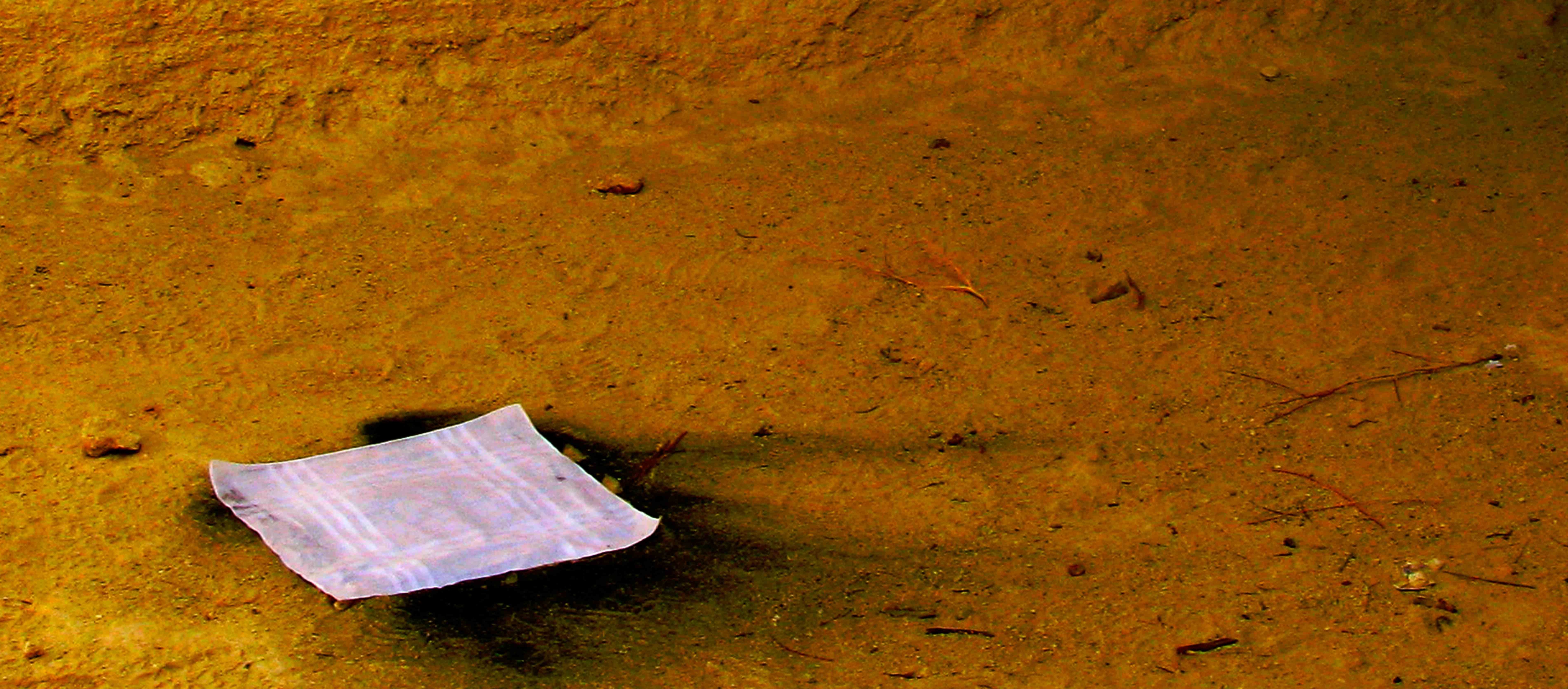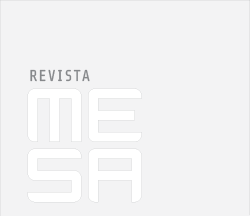
Carlos Vergara. Capadócia. 2006.
Revista MESA
Revista MESA published by Instituto MESA explores the complex territories and practices in process at the interface between art and society in the fields of art, curatorship and education through articles, case studies, interviews, and essays.
Revista MESA Nº2. Poetic Spaces = Ethical Languages: Diverse Practices in Latin America
The second edition of Revista MESA emphasizes the idea of a “web” of interconnections between ethics and aesthetics that cut across territories and practices of art, activism and pedagogy in Latin America.
In this edition, Fred Coelho’s think piece explores the themes and practices at play in the issue and points to a collective searching for finding ways and means of “how to live together”. The issue presents four case studies: Angela Carneiro introduces readers to the outreach course University of Quebradas; Roberta Condeixa explores Juan Manuel Echavarría’s experience in his therapeutic painting laboratory with former guerrillas of drug trafficking in Colombia; Felipe Moreno writes about René Francisco and his “pragmatic pedagogy” that engages students in creating collective actions outside the class room; and the argentine collective Ala Plástica describes their environmental and bioregional activism.
The video interview for this edition features the artist Carlos Vergara who, with his constant practice of dislocation and world travel, posits the potential of the artist as a “supporting actor”. The magazine also presents a special sound essay by the artist Guilherme Vaz, who proposes a sound performance with rattles in part of Niterói’s Atlantic forest, once traveled by Charles Darwin. Finally, Cristina Ribas’ article explores her project “political vocabularies for esthetic practices” comprising the collaboration with 30 artists and researchers in the creation of new political and transversal vocabularies.
Revista MESA Nº 1. Territories and Practices in Process
This inaugural issue of Revista MESA features four national and international case studies. Two national case studies explore the vitality of the public life of art via an analysis of the geopoetics and expanded pedagogy of 8th Biennial of Mercosul and a series of essays reflecting on the experiences with diverse publics exploring the work of Ernesto Neto TheAnimalSusPensiveInTheLandGENscape by artists/educators Anita Sobar, Bianca Bernardo and Bernardo Zabalaga and researcher Virginia Kastrup.
The international case studies show the vitality and imagination of innovative curatorial practices in rural contexts: curator Claudia Zeiske examines the practice of Deveron Arts where there is no cultural art center. The town itself–surroundings, square, residents–is the venue for public interventions; curator Nuno Sacramento explores the possibilities of the production of a “new commons” through his Makers’ Meal project that brought diverse publics, artists and artisans together to make a meal from scratch–including the tables, chairs, and cutlery as well as the food.
An article explores new territories for art practice via a discussion of the work and process of Brazilian artist José Rufino’s collaboration with patients, caregivers and researchers affiliated with University of Pittsburgh Alzheimer Disease Research Center developed as part of an exhibition and residency at The Andy Warhol Museum in the United States.
Additional vital elements of the magazine include: a video interview with Jailson de Souza e Silva, director of the Observatory of Favelas in Rio de Janeiro showing the importance of thinking about the city as a creative and educational territory and a photographic essay by research Leonardo Guelman, documenting the vitality of the religious and popular world of the House of Miracles in northeastern Brazil.
Reflecting on the content as a whole, essayist and psychoanalyst Tania Rivera contributes a think piece to accompany this issue.



